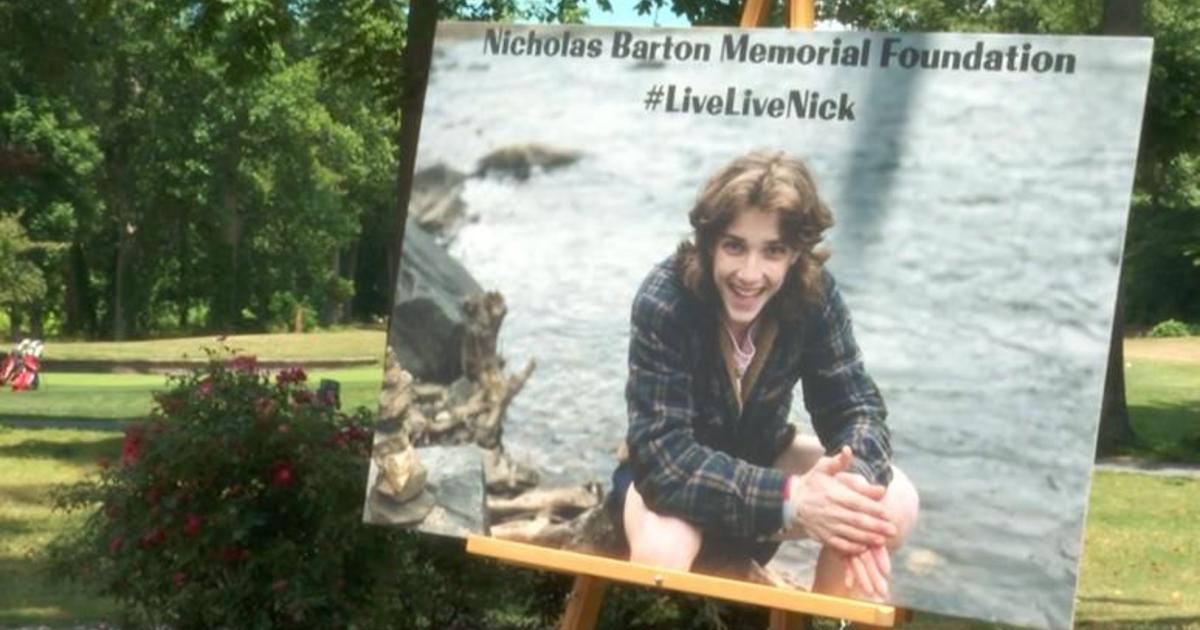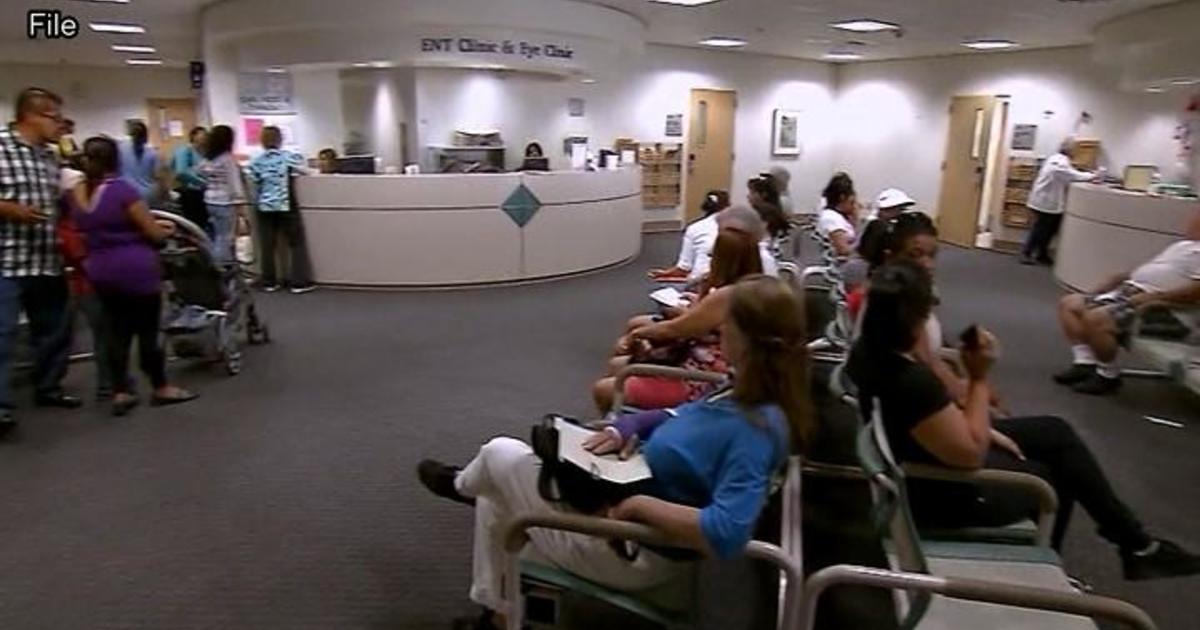Maryland Professor Gives Students Kidney Quandary
ST. MARY's CITY, Md. (AP) -- In late August, students in Philosophy 380 at St. Mary's College of Maryland received an unusual assignment centered on this question: Should the professor donate a kidney to a stranger?
Organ donation, a subject ancient philosophers hardly could have imagined, often comes up nowadays in college courses because of the ethical implications of the many stunning breakthroughs of modern medicine.
St. Mary's professor Michael Taber wanted to push the topic a step further, making it personal instead of theoretical. He figured it would show students a connection between their education and the real world. He also was curious whether the discussion would change with the stakes raised.
"It's easy for philosophy seminars to get lost in the clouds," said Taber, 51. "I wanted them to take the readings and seminar discussions and apply it to a concrete decision."
In 2009, there were more than 13,600 kidney donors in the United States, federal data show, about 6,300 of them living and the rest dead. Meanwhile, more than 87,000 people are awaiting a kidney donation, which would enable them to forgo dialysis treatments and potentially add years to their lives.
Medical advances in the past 20 years have made it easier and safer for living donors to give one of their two kidneys. Still, most such donations are made to help a relative or close friend.
Taber first considered giving a kidney more than five years ago, after one of his students wrote a paper about the end of life and how varying definitions of death affect organ harvesting. Sometimes he would broach the possibility of donation in a class discussion. A few years ago, he talked about donation with his wife and took a blood test.
As the school year began, though, he had yet to answer several daunting questions: What did his family think? What risks did he face? Would he need that kidney in the future? Would this be an altruistic act or an egotistic one?
He asked his eight students in the seminar to study the subject, formulate a yes or no recommendation and write a paper explaining their reasoning.
In an initial discussion in October, the students mostly agreed that donating a kidney was an upstanding thing to do. But as talk shifted to their professor, the issue became more complicated.
The students realized, "Oh wait, this is a real thing. This isn't an exercise," said Lex Cosenze, a junior majoring in anthropology, philosophy and history. Although philosophy students sometimes like to debate whether to save a train of orphans headed toward a cliff or save one beloved person, Cosenze said, "you don't get something this huge in your day-to-day life."
Many St. Mary's students meet Taber through a first-year leadership program. Taber, who has taught at the public college in Southern Maryland since 1987, is known on campus as a friendly, fatherly mentor.
He looks the part: beard, glasses, jeans, a vest and hiking boots. Often, students can be found sitting in the funky, swiveling chair in his bookcase-lined office.
About half of the Philosophy 380 students were majoring or minoring in the subject. All were sophomores or juniors.
The group included a tattooed junior who doesn't like to gender identify and loves fantasy role-playing games; an artsy rugby player from a small farm town whose career plan is being a mother; an athletic economics major who plans to do international service work after graduation; and a bearded junior who wears sandals in winter and considered the entire project "pointless."
The students researched organ donation, studied Taber's family medical history and health insurance plans, and compiled questions for the professor to ask his wife. Late one evening this month, the students e-mailed Taber a 15-page paper.
The introduction stunned him: "We took a vote on whether the answer to donate should be yes or no, and found that if we were really the ones making the choice, then we would have to say no."
He reread it. The students repeatedly wrote that it was not their decision whether to make a donation. One student dissented, saying he hoped one day to save a life by donating a kidney.
But on the whole, the students argued they could not in good conscience advise Taber to donate because of the risks, albeit slight, of death or disfigurement.
The students wrote that being a live donor is "a morally good act, but it is not the opposite if someone chooses not to."
They added that people "have a moral obligation to themselves that must be considered before moving to donate pieces of their body."
Taber had not expected that response. Especially at a small liberal arts school with a reputation for social activism. And especially in a philosophy class.
"Students are unpredictable," he said, shaking his head. "I thought they all would have been on board."
He reflected and realized that this friction point was part of the learning experience.
On Dec. 9, he e-mailed the class: "Last night I read your Project Kidney paper, and I (was) impressed with its thoughtfulness. Today I re-read it, and I am impressed with its cowardice."
He raised several objections and questioned why they were squeamish about giving a recommendation. The next afternoon, the class gathered again.
One student stressed that all they could do was provide the professor with information to make his own decision. Another drew a diagram on the chalkboard to explain that the paper was written for Taber's "spectator self" and not for his "personal self."
"I don't think any of us could say, 'Go take your kidney out today,' and then you die on the operating table," Cosenze said. Later in the class, the student asked: "What's so compelling about this . . . that you are willing to take the risk?"
"We should help each other out whenever possible," Taber responded. He doesn't have billions of dollars to donate, he said, but is "packing an extra kidney" that could improve the quality of life for someone else.
The class ended. The semester ended. Taber still has not decided what to do.
The seminar answered many questions for Taber but raised another: If he does donate a kidney, how many of his students will be disappointed?
___
Information from: The Washington Post, http://www.washingtonpost.com
(Copyright 2010 by The Associated Press. All Rights Reserved.)



